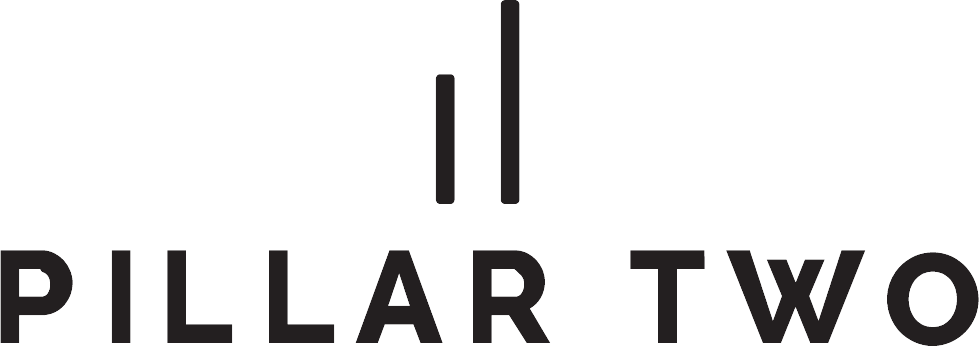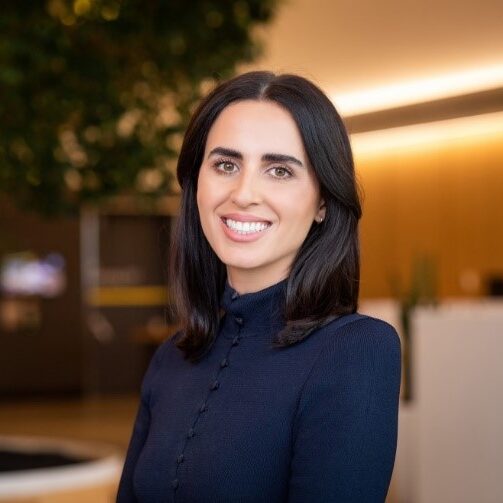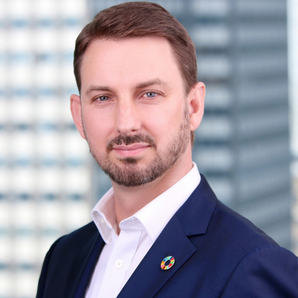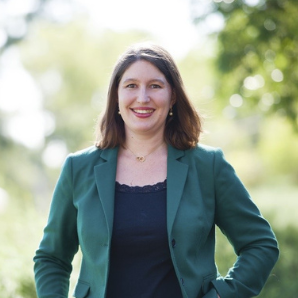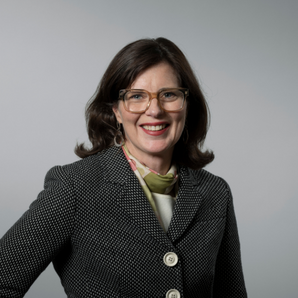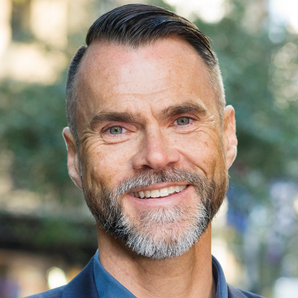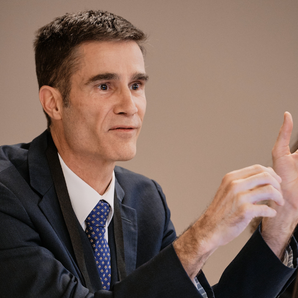2022 Australian Dialogue on Business and Human Rights
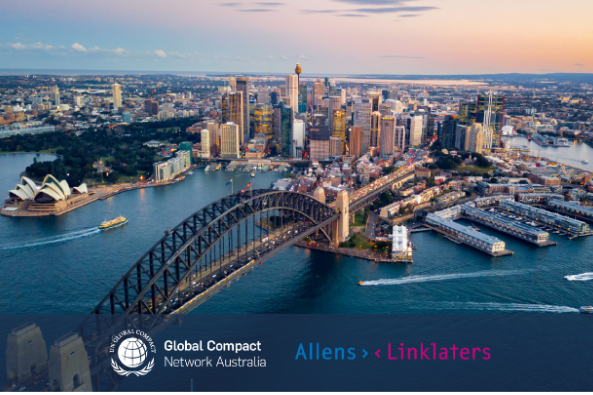
- DATE 12-13 October 2022
- VENUE Allens, Sydney NSW
About
Now in its seventh year, the Dialogue brings together representatives from Australian business, the investor community, government, civil society, and academia to discuss emerging risks and opportunities, and explore ways to collaborate on the continued implementation of the UN Guiding Principles on Business and Human Rights and the UN Global Compact 10 Principles.
This year’s Dialogue recognises the evolving complexity of corporate sustainability and provides a platform to connect, pause and reflect on how to best integrate respect for human rights into corporate sustainability and strategy. Taking a truly integrated approach will require the business community working collaboratively with a vocal and empowered civil society, investor cohort and government. The 2022 Australian Dialogue on Business and Human Rights will bring together these key stakeholders to explore how we can best align towards this common goal.
The 2022 Australian Dialogue on Business and Human Rights has been made possible with the kind support of Allens and Pillar Two.
Attendance
The Dialogue is a face-to-face event. The event follows a COVID-Safe plan that aligns with public health advice. If you are experiencing or have been around anyone who is experiencing cold or flu symptoms, we ask that you refrain from attending the event.
Please do not hesitate to contact us at secretariat@unglobalcompact.org.au if you have any questions. We look forward to hosting a safe and enjoyable event for all.
Supported by
![]()

Speakers
Program
Day 1 - Wednesday, 12 October 2022
Registration
Acknowledgement of Country and Opening
- Kylie Porter, Executive Director, UN Global Compact Network Australia
- Vanessa Zimmerman, Director and Chair, Business and Human Rights, UN Global Compact Network Australia
Keynote Address: The importance of business and human rights in the future of the Indo Pacific
Keynote address to expand on insights and expertise on business and human rights related challenges in Australia and the wider Asia-Pacific, as well as how businesses should be approaching the climate, human rights and security nexus within the Pacific.
Facilitator:
- Pichamon Yeophantong, Asia Pacific Representative, UN Working Group on Business and Human Rights
10+ Years of Business and Human Rights in Australia: How far have we come?
The first plenary will feature business and human rights specialists from different stakeholder groups responding to the keynote and providing their insights into the progress on business and human rights within Australia.
Facilitator:
- Meg Brodie, Partner, KPMG
Panel:
- Keren Adams, Legal Director, Human Rights Law Centre
- Justine Nolan, UNSW
Afternoon Tea Break – Reconnecting the community
Business leaders on incorporating human rights into corporate governance: where and how works best?
This session will explore how business leaders view human rights within the corporate governance structure, and unpack challenges faced in integrating human rights related processes into both corporate sustainability and corporate strategies. Senior leaders will also reflect on the role of human rights within the board agenda, and how influencing company leadership can have a direct impact on company social capital creation.
Facilitator:
- Kylie Porter, Executive Director, UN Global Compact Network Australia
Panel:
- Siobhan Toohill, CSO, Westpac
- Sam Mostyn, President, Chief Executive Women
- Mike Henry, Chief Executive Officer, BHP
2022 Australian Human Rights Dialogue Cocktail Reception
Day 2 - Thursday, 13 October 2022
Welcome back + Coffee
Plenary: Beyond traditional risk management processes – how do we overcome the barriers to organisations assessing and acting on risks to people?
One of the most common pain points in the implementation of the UNGPs is properly embedding the human rights risk assessment process into existing organisational risk management frameworks. Typically, business processes are set up to identify and manage risks to the organisation, and struggle to incorporate measurement of risks to external stakeholders, such as rightsholders. This session will look to address this issue head on – panellists will explore strategies used to engage senior leadership on the concept of assessing and mitigating risks to people, methodologies for assessing risk and ultimately assigning accountability and articulating organisational risk appetite.
Facilitator:
- Rachel Nicholson, Partner, Allens
Workshop: Human rights in the decarbonisation process: How do we best align to enable a just transition?
As Australian businesses go through the process of decarbonisation, this session will inspect the evolving intersection between human rights and climate change by exploring the human rights risks and opportunities throughout the decarbonisation process. Topics will include:
- Infrastructure: How do we manage human rights risks associated with transition mineral mining and renewable energy infrastructure?
- Net Zero and Carbon Offsets: What are the human rights impacts associated with the increasing use of offsets?
- Reporting: Where is the right place within sustainability disclosure for climate related human rights risks and impacts? Should we be incorporating human rights within (just) transition risk and scenario analysis within TCFD?
Facilitator:
- Robin Mellon, Better Sydney
Panel:
- Dr David Cooke, Chair, Board of Directors, UN Global Compact Network Australia
- Laura McManus, Senior Human Rights Manager, Woolworths Group
- Kate Turner, First Sentier Investors
Morning Tea Break / Breakout room transition
Breakout Session One: The triple bottom line in practice: what is the business case for respecting human rights?
This breakout session will explore efforts undertaken in obtaining senior leadership buy in with respect to the business and human rights agenda. The discussion will showcase practitioners who have made the business case for a focus on human rights within their own organisations, and how they were able to leverage crossover with other elements of the sustainability agenda.
Breakout Session Two: How can business take an Indigenous-led approach towards furthering the sustainability agenda?
In this breakout session, panellists will unpack the opportunity presented by the protection of Indigenous cultural heritage, the preservation of biodiversity, and the end-goal of regeneration. Panellists will also explore how embedding Indigenous knowledge within business has the dual benefit of protecting both social and natural capital, and how true implementation of the United Nations Declaration on the Rights of Indigenous Peoples within the context of human rights framework can enable this transition.
MSII Collaborator Workshop: The continuum of labour exploitation – inspecting underpayments as a modern slavery risk indicator
In this session, panellists will explore the continuum of labour exploitation, looking at broader worker exploitation such as bullying and intimidation as a potential indicator of modern slavery. Panellists will then discuss how different parts of the business (such as, procurement and human resources) can best align (with the help of civil society and union actors) to identify worker exploitation, assess from a human rights impacts perspective and establish effective worker engagement techniques, in alignment with the UNGPs. Panellists will then explore the worker engagement model, and how going ‘beyond social audits’ to embedding authentic worker engagement facilitates effective human rights due diligence, and use the Cleaning Accountability Framework as a case study. The session will also explore whether similar strategies could be deployed in other high-risk industries and sectors in Australia (and potentially elsewhere).
Lunch Break
Plenary: Access to remedy – Emerging trends in interconnected accountability pathways
This session provides space for attendees to explore emerging business accountability pathways and discuss progress towards undertaking an integrated approach within businesses to both effectively manage risks and ensure victims have access to effective remediation. Participants will have the opportunity to hear from panellists on impacts of the cause of action within emerging mHREDD laws, the implications for human rights accountability of climate change litigation and the evolution of non-judicial grievance mechanisms and how to best manage these interconnecting risks.
In-conversation: What’s next? Businesses moving beyond respect
During this session, panellists will engage on a discussion on what is next for business and human rights within Australia – how can leading businesses push beyond compliance, and take a leading role in creating space for empowering civil society?
Facilitator:
- Kylie Porter, Executive Director, UN Global Compact Network Australia
Afternoon Tea Break
Fireside chat: CEO
Summary and Closing
- Dr David Cooke, Chair, Board of Directors, UN Global Compact Network Australia
Event Partners
Platinum Sponsor
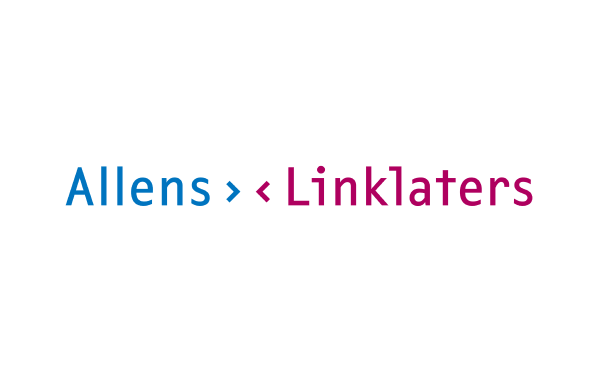
Pro Bono Partner
